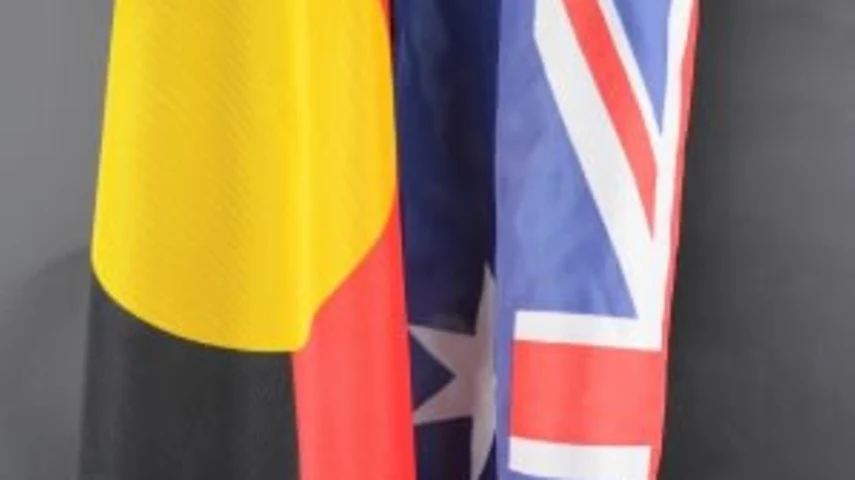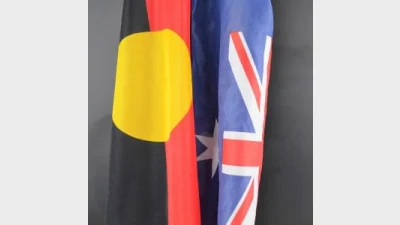AIST launch reconciliation plan



The Australian Institute of Superannuation Trustees (AIST) has launched a Reconciliation Action Plan (RAP) to outline the organisation's plans to achieve stronger economic, social, and financial inclusion for Aboriginal and Torres Strait Islander peoples and communities.
AIST chief executive, Tom Garcia said: "We are committed to building strong, meaningful relationships with Aboriginal and Torres Strait Islander peoples, organisations and stakeholders because we know this is an integral part of bringing about lasting change".
"AIST acknowledges that we have an important role to play in promoting reconciliation," he said.
The RAP will help enhance existing initiatives, such as the Indigenous Superannuation Working Group, and provide new collaborative opportunities with like-minded Australian organisations and companies in the not-for-profit sector.
Garcia said that commitment to community partnerships, financial wellbeing, and cultural recognition would continue to drive the RAP in the AIST membership base with projects like the Indigenous Super Summit and the Big Super Day Out.
"While we are still at the beginning of our reconciliation journey… we hope to lead to improved retirement outcomes for Aboriginal and Torres Strait Islander people," Garcia said.
"As an organisation [we are] committed to fairness, equality and advancing retirement outcomes for all Australians."
Recommended for you
Introducing a cooling off period in the process of switching super funds or moving money out of the sector could mitigate the potential loss to fraudulent behaviour, the outgoing ASIC Chair said.
Widespread member disengagement is having a detrimental impact on retirement confidence, AMP research has found.
Economists have warned inflation risks remain elevated even as the RBA signals policy is sitting near neutral after its latest hold.
Australia’s superannuation funds are becoming a defining force in shaping the nation’s capital markets, with the corporate watchdog warning that trustees now hold systemic importance on par with banks.









